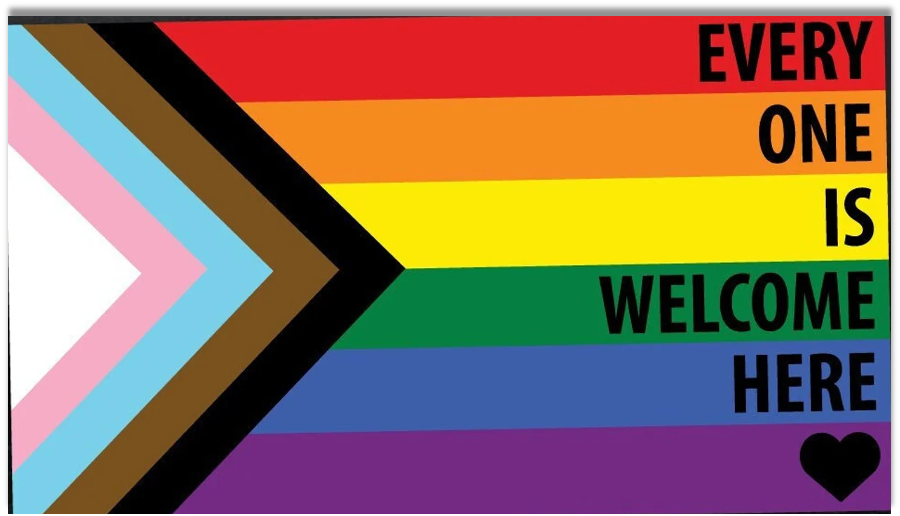Approach to Therapy
Most people have times in their lives of struggling with difficult emotions, including anxiety or depression. Most of us long for changes in our lives, and aren’t sure how to make it happen. We all encounter difficulties and sometimes need help re-connecting with our own strengths, or re-aligning our values and actions for a more fulfilling life. I believe relationships (for better or worse) impact who we are. And forming a healing relationship with a therapist can help you work through old hurts and identify who you want to be in the world in this moment in time.
Counseling looks different for each individual I work with, honoring your story and where you are on it. You might be seeking counseling with specific goals in mind, or maybe it is just out of a general feeling that you aren’t enjoying life as much as you would like to. I don’t subscribe to the belief that we all should (or even can) be happy all the time; I just don’t find that realistic. But I do believe that many people feel isolated and alone and that therapy can help you work through some inner struggles towards a more satisfying and meaningful life.
My approach to therapy is integrative and informed by training in interpersonal neurobiology, attachment, compassion-based and mindfulness modalities, psychodynamic, multicultural and feminist theories; acknowledging the transformative potential of the relationship between you and your therapist, the foundational impact of early caregivers, as well as the impact of societal and cultural forces in our lives. I am increasingly interested in somatic practices, and the way our nervous systems hold trauma and how constriction or grounding in our bodies impact our relationships with ourselves and others. I continue to seek additional trainings to stay current in my work, and will adapt our work to fit your needs intentionally and collaboratively with you. I am committed to inclusivity in my practice, striving to be culturally affirming and responsive, and pay particular attention to the way systems of oppression impact personal suffering.
My pronouns are she/her/hers.
Professional Background
I am passionate about working to understand human behavior, and how both our historic and current relationships and social contexts form who we are and our experience of the world, including experiences of trauma and oppression. I have a Bachelors of Arts in Peace and Global Studies from Earlham College, and a Masters in Social Work from UPenn’s School for Social Policy and Practice.
My graduate school field placements provided clinical experience working with parents of chronically and critically ill children at the Philadelphia Ronald McDonald House, and providing individual and group counseling at the UPenn student counseling center.
Prior to starting my private practice, I had advanced clinical training in a three year post-graduate fellowship at the Emory University’s student counseling center, counseling undergraduate and graduate students as individuals, couples, and groups. I provided supervision and training for the student-run crisis helpline. And I also provided individual and group counseling for faculty and staff through Emory’s Employee Assistance Program.
I have further specialized training in Climate Psychology (certificate program of the California Institute for Integral Studies), Mindful Self-Compassion (Atlanta Center for Self-Compassion), Mindfulness Based Stress Reduction (Penn Program on Mindfulness), and shame resilience (The Daring Way™) in addition to shorter ongoing continuing education courses.
I am licensed in Massachusetts (LICSW125739). Georgia (LCSW005921), and am a Registered Out-of-State Telehealth Provider in Florida. Though most of my work is currently online, state laws require that clients are located in one of these states.
My professional affiliations include being active in multiple committees of the Climate Psychology Alliance of North America. I am also a member The Daring Way™ Certified Facilitator Referral Network, the Clinical Social Work Association, and the Georgia Society for Clinical Social Work.





